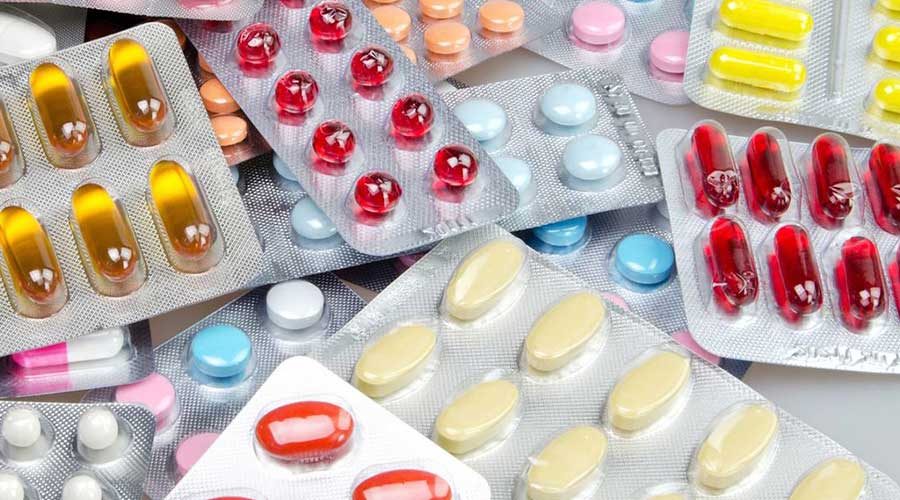The federal government has approved a price rise as high as 262 percent for 94 lifesaving medicines to ensure their availability as these drugs were short in the market.
This change for drugs was approved that fell in the ‘hardship category’ on the recommendation of the Drug pricing committee under the Drug Pricing Policy, 2018.
The meeting of the federal cabinet, headed by the Prime minister, Imran Khan also approved the reduction of injection, used for Coronavirus from Rs 10873 to Rs 8244. The prices of these 94 medicines will remain valid up to 30 June 2021.
After the meeting, special assistant to Prime minister on Health, Dr. Faisal Sultan said in a joint press conference with the information minister, Shibli Faraz that the prices of certain medicines have raised as the manufacturers have stopped the production of these medicines.
The manufacturers are of the view that the cost of production of these medicines has gone high and it is no longer possible to continue the production of these medicines at the current market price without a rise.
In an official statement, issued by the Ministry of Health, it is argued that that in response to the long-term shortage of some lifesaving medicines, the federal cabinet allowed rationalizing prices of drugs that had been reported to be in short supply due to unrealistically low price.
Recently, Parliamentary Secretary for NHS Nausheen Hamid informed NA that pharmaceutical companies have agreed not to increase prices of medicines amidst COVID-19 challenge.
Some of the drugs, the prices of which have been increased, include Furosemide injections (For emergency use in high blood pressure), Acetazolamide tablets, Hydralazine(for lowering blood pressure), Carbamazepine tablets and suspension(used for epilepsy), Atropine Sulphate injection(used in an emergency), Magnesium Sulphate, Hydroxyurea, Daunorubicin, Bleomycin(used for the treatment of Cancer) Nitroglycerin and Glyceryl Trinitrate (emergency heart medicine) and anti-rabies vaccine.
According to the notification, the prices of the drugs that have been hiked include those used to treat eye, ear, tooth, mouth and blood infections, fever, postpartum issues, heart diseases, abdominal and stomach pains, malaria, diabetes, headache, sore throat, flu, skin diseases, as well as certain antibiotics.
Image source





















